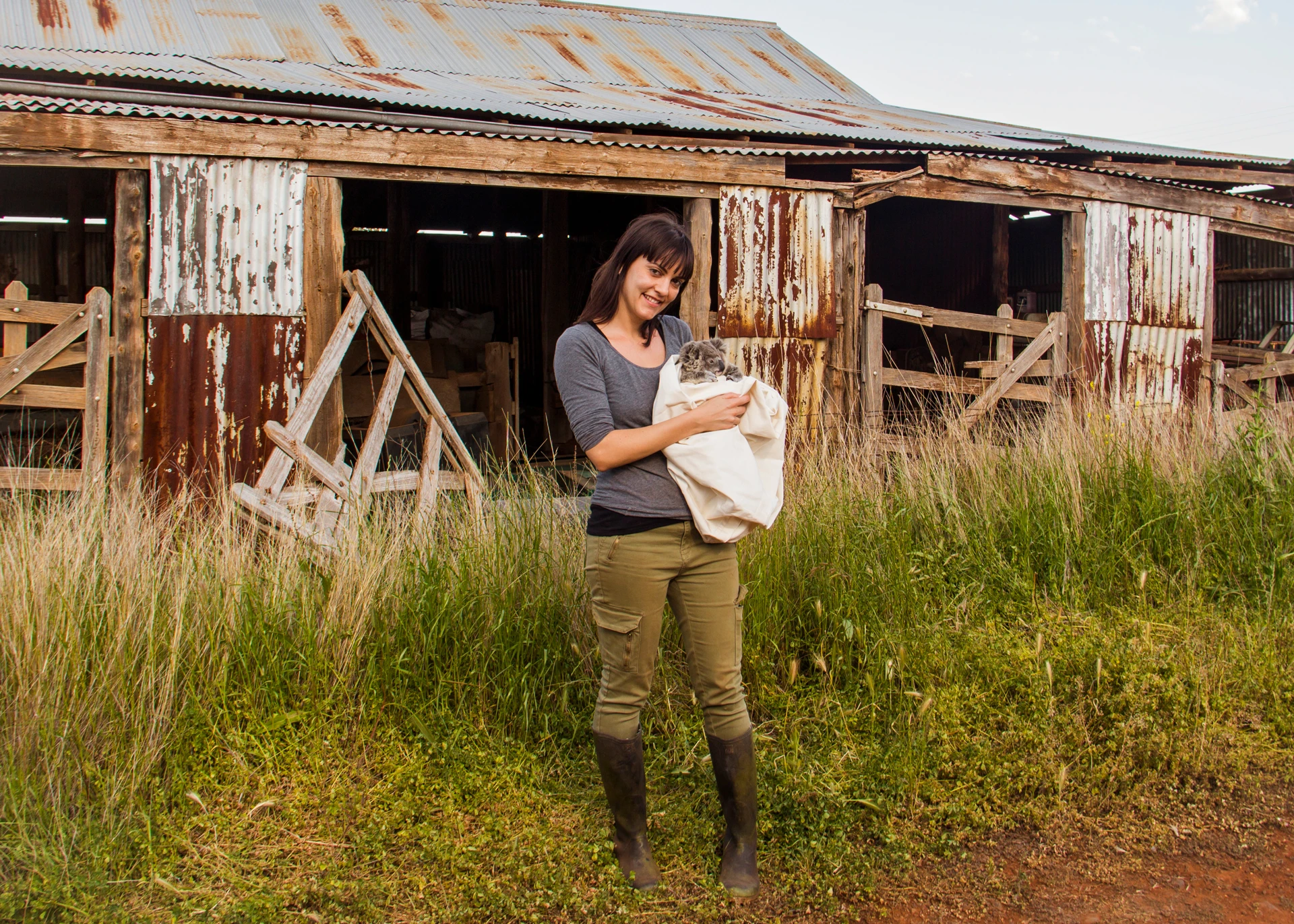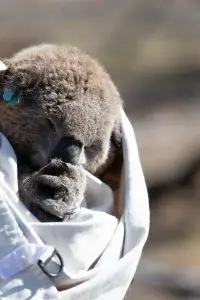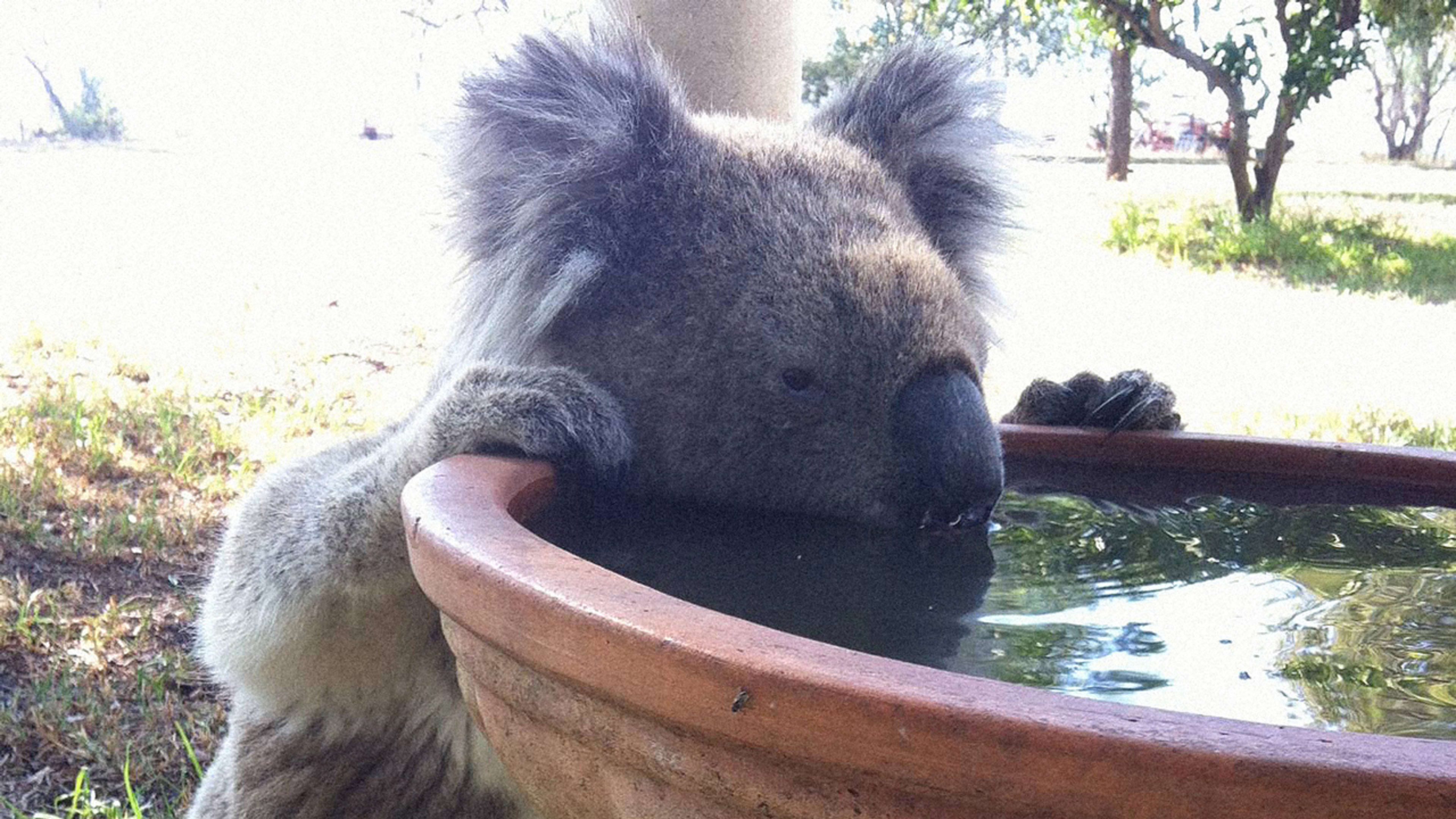In a remote, rural part of Australia, six hours by car from Sydney, summer temperatures are reaching 113 degrees as climate change makes heat waves more common. To help the local koala population survive both blistering temperatures and prolonged drought, researchers have been testing water fountains designed to sit in trees to make it easy for the creatures to reach.
Koalas usually get most of their water from eating leaves, not drinking water. But another effect of climate change is that the leaves they eat no longer contain enough water. The leaves–often eucalyptus–also can’t be eaten in huge quantities to try to access more moisture, because toxins inside them can make koalas sick. But if the animals become too dehydrated, they can’t survive.

The researchers tested some early prototypes, including a complicated platform in a tree. The koalas ignored it. But the animals did drink from a simple bowl. The researchers rigged up a gravity-fed system that automatically refills the bowl from a larger tank. Over the first 12 months of the study, koalas drank from the water stations on 400 visits–often ravenously. “I have footage of animals drinking for seven, 10 minutes straight,” she says. “That’s impressive for any animal, let alone one that is not supposed to drink much. So it’s really telling us that something is happening and it’s time to do something about it.”
Other arboreal animals, such as sugar gliders, also use the water stations, along with migrating birds. The researchers placed the stations in trees both because ground animals like kangaroos can find other sources of water and because it helps protect koalas from predators, like dogs.

Without adequate water, the species is at risk. The researchers have already seen the consequences without the stations. “If there is no water available anywhere else in the environment, what happens is that they become really, really dehydrated,” Mella says. “Then we just find them at the base of trees. Very often, they are so dehydrated that even if we intervene, and we try to give them some fluids it’s too late. Their kidneys have shut down and then they die. Unfortunately, the predictions with climate change in Australia are that it’s just going to get hotter and drier. So it doesn’t really look good for koalas if there’s no water to top them up.”
Recognize your brand's excellence by applying to this year's Brands That Matters Awards before the early-rate deadline, May 3.
